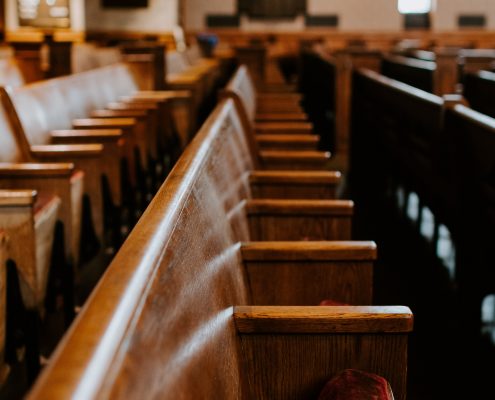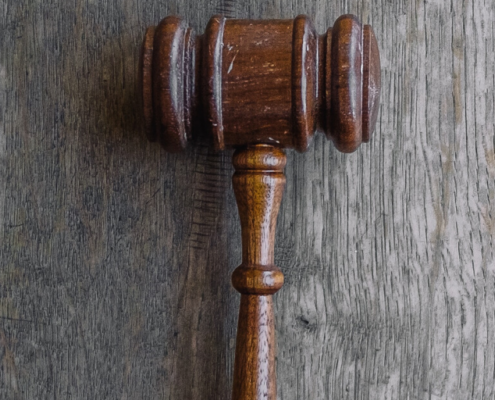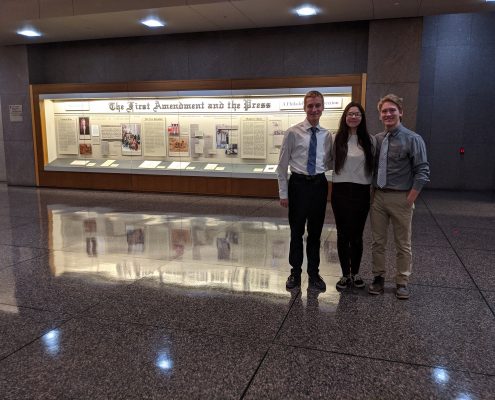Posts

Aggravated Assault in Berks County, Pennsylvania
Criminal Law
Aggravated assault is one of the most serious charges you can face in Pennsylvania. The Supreme Court of Pennsylvania has held that proving aggravated assault requires the government to demonstrate the mental intent to cause serious bodily…

Time, Place and Manner Restrictions on the First Amendment
First Amendment, Lawsuit, Updates
In previous posts, we have discussed the importance of the First Amendment. We have also discussed that speech is not always just speech — it can also be conduct. Today, we are going to talk about legitimate government restrictions on the…

Harassment Charges in Berks County Dismissed – March 2020
Criminal Law, Litigation
Last month, Attorney Joel Ready obtained dismissal of harassment charges in Berks County. The charges had been filed against a defendant over an alleged dispute with an ex-girlfriend. After oral argument in front of a Berks County Magisterial…

Criminal Trial Attorneys in Berks County
Criminal Law, Litigation
If you are facing criminal charges in Berks County, Pennsylvania, you will find yourself facing several very important questions as you strategize how to handle your case. The chief among all these questions is whether you should go forward…

Attorney Crossett Represents Mail Carrier in Religious Liberty Case
Religious Freedom
At Cornerstone Law Firm, we believe the First Amendment defends each individual's right to live freely according to their deeply held conscience and faith.
In a recent religious liberty case, Attorney David Crossett represented a Lancaster…

News Release: Christian Mail Carrier Discharged for Not Delivering Packages on Sunday Asks Federal Court for Judgment
Religious Freedom
FOR IMMEDIATE RELEASEFebruary 17, 2020For interview requests or questions, contact: Dan Bartkowiak717-657-4990, dbart@indlawcenter.org
(LANCASTER, PA – February 17, 2020) On Friday, February 14, a United States Postal Service (USPS)…

Oley Valley Students Settle First Amendment Lawsuit
First Amendment, Lawsuit, Updates
Every American has the right to free speech under the First Amendment. That's why Cornerstone Law Firm is glad to announce that our clients, three students in the Oley Valley School District, have had their voices heard in their recently settled…

I Missed Work Because of My Car Accident: Does Somebody Have to Pay for That?
Car Accident, Insurance
After you’ve been in a car accident, there are a lot of details to figure out. In addition to payment for medical bills, surgeries, rehab and so many other things, many victims of injuries find themselves asking, “Who’s going to pay…
